Aquaculture is a rapidly growing industry; it is a $ 243.5 billion industry having great potential to meet the global demand for sustainable forms of protein whilst protecting marine ecosystems. One of the most efficient and sustainable ways to raise fish is through recirculating aquaculture systems (RAS). RAS offers several benefits over traditional aquaculture methods, including reduced water usage, increased biosecurity, and higher yields per unit area.
In this article, we will explore the return on investment (ROI) of using RAS for fish farming. RAS technology allows for the production of fish in a controlled environment, using a recirculating system to filter and reuse water. This closed-loop system reduces the need for large amounts of water and minimizes the risk of pollution. Additionally, RAS systems can be built in a small space, making it possible for farmers to produce fish in urban areas or other places where traditional aquaculture methods may not be practical.

Table of Contents
ToggleThe initial investment required to build a RAS can be high, but the long-term benefits far outweigh the costs. Some of the advantages of using RAS include:
- Higher yields: RAS allows for higher fish densities, which means more fish can be produced per unit of water and space. This translates to higher yields and potentially higher profits.
- Reduced water usage: Traditional aquaculture methods require large amounts of water, which can be costly. RAS systems reuse and filter water, reducing the amount of water needed for fish production.
- Increased biosecurity: RAS systems are closed-loop, meaning that they are less susceptible to disease outbreaks and other issues that can impact traditional aquaculture farms. This increased biosecurity can lead to higher survival rates and healthier fish.
- Improved feed conversion: RAS allows for precise feeding control, which can result in improved feed conversion ratios (FCR). A lower FCR means that less feed is needed to produce a given amount of fish, reducing costs and improving efficiency.
All of these factors can contribute to a higher ROI for RAS systems compared to traditional aquaculture methods. According to a 2019 report by the World Wildlife Fund (WWF) and accounting firm KPMG, the estimated average ROI for RAS systems was 7.3%, with a range of 2-18% depending on the region and specific operation. On average the estimated ROI takes 3-5 years, depending on the size of the system and the end product.

However, it is important to note that the ROI for RAS systems can vary depending on several factors, including the species of fish being produced, the market demand for the fish, and the initial investment costs. To determine the ROI of a RAS system, farmers must consider the costs and revenues associated with the system. The initial investment in a RAS system can be significant, including costs for tanks, pumps, filters, and other equipment. However, over time, reduced water usage and improved biosecurity can lead to lower operating costs.
RAS systems generate revenue from fish sales, with prices varying depending on species and market demand. Successful RAS operation requires technical knowledge in areas such as water quality management, disease prevention, and feed management, and high operating costs due to energy requirements. ISM Agrifarms provides expert assistance in setting up and running successful RAS systems.
Also Read:
Reason to implement the Recirculating Aquaculture Systems (RAS).
If you’re interested in exploring the potential of RAS technology for your fish farming operation, ISM Agrifarms is ready to walk with you offering world-class expertise in RAS system design, implementation, and ongoing support. ISM Agrifarms is ready to help you navigate the complexities of RAS operation and maximize your return on investment. By working with ISM Agrifarms, you will benefit from their experience and knowledge, to ensure your success in this exciting and growing field.


2 Responses
How much do I need to construct a RAS Unit for 20,000 tilapia production capacity